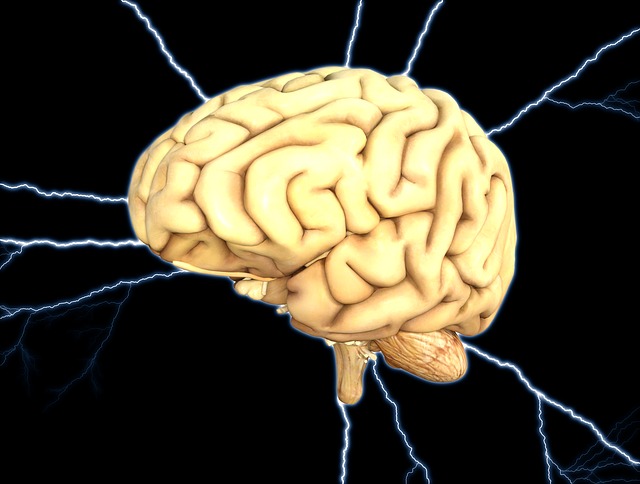A rare condition, Motor Neuron Disease, or MND for short, is a progressive disease that damages parts of the nervous system. It can lead to weakness in the muscles, mostly with visible wasting. Also known as Amyotrophic Lateral Sclerosis (ALS), MND occurs when specialist nerve cells in the spinal cord and brain called motor neurons are no longer working properly. This is referred to as neurodegeneration. Important muscle activity is controlled by these motor neurons, such as walking, gripping, speaking, breathing and swallowing.
As MND continues to progress, people who are suffering from it will find it increasingly difficult to perform the activities mentioned above. There is a history of motor neuron disease in 5% of the cases or a history of a related condition known as frontotemporal dementia. This is referred to as familiar motor neuron disease. In such cases, the major contribution made to the development of this disease has been by these faulty genes.
No single test has been introduced for diagnosing motor neuron disease. The diagnosis for MND is merely based on the opinion of a nervous system and brain specialist i.e. a neurologist. An experienced neurologist will not have a problem in making a diagnosis of motor neuron disease. But, there are cases, where specialized tests may have to be conducted for ruling out other conditions that may have similar symptoms.
As of now, there is no cure that exists for motor neuron disease. The purpose of treatment is to improve the quality of life of the patient as much as possible.

